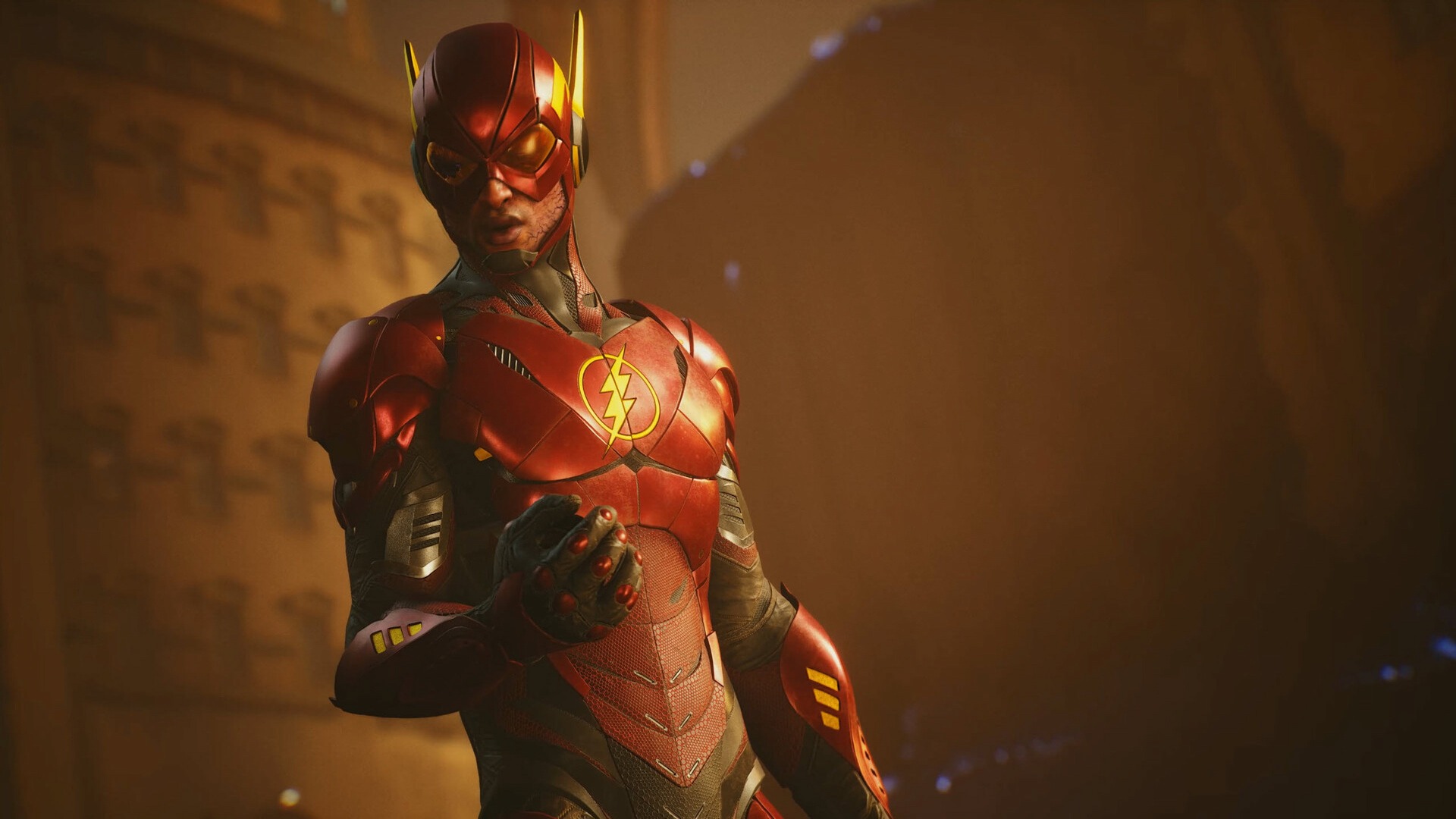When Rocksteady Studios first announced “Suicide Squad: Kill the Justice League,” I, like many fans, was skeptical about the direction the game was taking. The notion of a “live service game” and a “looter shooter” left me concerned, especially considering recent disappointments in the gaming industry, not to mention this being a huge departure from the Arkham franchise. However, as more details emerge and Rocksteady showcases their vision through the “Suicide Squad Insider” vidoc deep dive, my initial reservations are starting to wane.
The term “live service” has become somewhat of a buzzword in the gaming industry, often raising eyebrows among players who fear a focus on microtransactions, constant updates, and potentially sacrificing narrative depth for ongoing monetization. The recent example of Marvel’s Avengers, which faced a lukewarm reception and eventual cancellation due to its live service model, only fueled my skepticism further.
Rocksteady Studios seems keen on addressing these concerns head-on. The “Suicide Squad Insider” vidoc revealed promising gameplay footage, showcasing the game’s unique mechanics and the potential for an engaging narrative. Perhaps most importantly, the studio pledged to release a “huge amount of free content.” This commitment appears to be a strategic response to the outcry against the live service model.
The promise of significant free content is a positive step in the right direction. Rocksteady seems to be aware of the community’s concerns and is taking steps to build trust. The emphasis on providing additional content without additional cost suggests a commitment to keeping the player base engaged without constantly reaching into their wallets.
Marvel’s Avengers serves as a cautionary tale in the live service realm. The game faced criticism for its repetitive gameplay, lackluster content updates, and a seemingly endless grind for gear. Rocksteady Studios, having witnessed the challenges faced by their industry peers, has an opportunity to learn from these mistakes and ensure that “Suicide Squad: Kill the Justice League” avoids similar pitfalls.

Also, I feel it’s worth pointing out that this will be the last official project featuring the late Kevin Conroy as the voice of Batman. May he rest in peace.
While my initial skepticism about “Suicide Squad: Kill the Justice League” was rooted in concerns over its live service model, the recent unveiling by Rocksteady Studios has started to change my mind. The promising gameplay showcased in the vidoc and the commitment to a substantial amount of free content are encouraging signs that the studio is striving to deliver a satisfying gaming experience. However, only time will tell whether “Suicide Squad: Kill the Justice League” can successfully navigate the turbulent waters of the live service genre, or if it will succumb to the pitfalls that have plagued other titles in the past.
